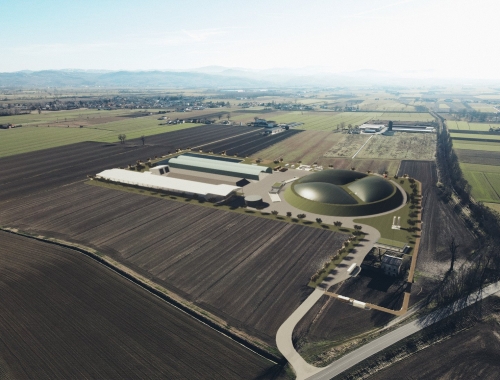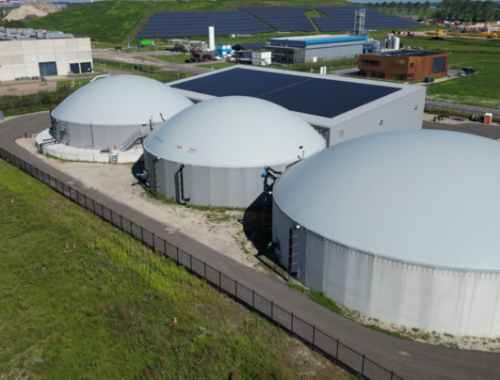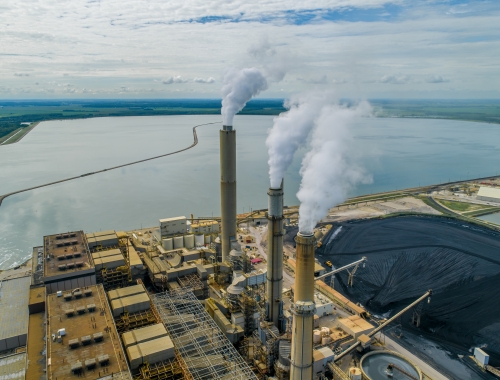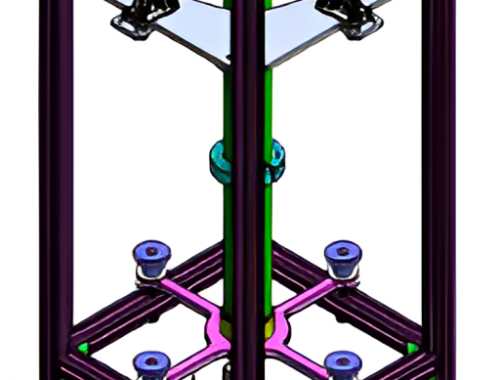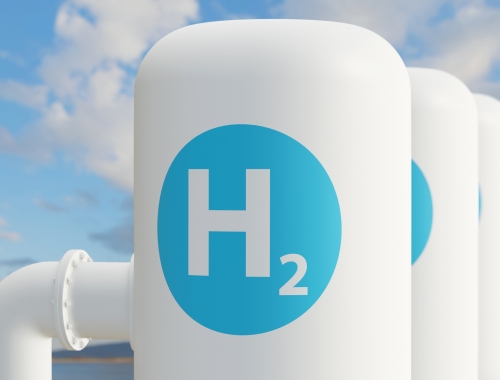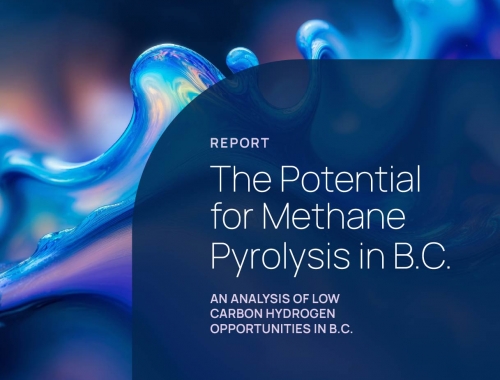Kiwetinohk Energy reports earning rise, regulatory logjam
SUMMARY
Some projects have been delayed up to six months.
By Dale LunanPOSTED IN:
Kiwetinohk Energy, a Calgary-based energy transition company, said November 10 it had improved net income in Q3 2023 thanks to higher commodity prices and increased natural gas production, but reported a regulatory logjam had set back several of its projects by three to six months.
Net income of C$55.38mn (US$41.45mn) reversed a C$34mn loss in Q3 2021. Total production rose to 16,487 barrels of oil equivalent (boe)/day from 15,058 boe/day, while natural gas production increased to 53.9mn ft3/day from 51.8mn ft3/day.
Kitwetinohk’s average realised natural gas price nearly doubled, to C$10.20/’000 ft3 from C$5.12/’000 ft3 in Q3 2021.
Through the quarter, Kiwetinohk continued to advance its 400 MW Homestead solar project and its gas-fired 101 MW Opal firm renewable project but noted that discussions with Alberta regulatory officials had prompted it to adjust the timelines for many of its projects.
“Kiwetinohk’s understanding is the regulatory process delay is the result of significant congestion of proposed power projects in the competitive Alberta power market, which is not unique to Homestead or the company’s project portfolio,” the company said. “Based on the Homestead regulatory process experience, and Kiwetinohk’s financial risk management processes, management is proactively adjusting development project timing across its solar and firm renewable project portfolio by three-to-six months.”
Kiwetinohk now expects the earliest it can make a final investment decision (FID) on the Homestead project is Q4 2023, suggesting an “earliest commercial operating date” of Q4 2025, while FID on Opal won’t come until Q4 2023 at the earliest, with commercial operations anticipated two years later.
Its two 500 MW natural gas combined cycle (NGCC) projects are also advancing, with pre-FEED analysis, carbon capture and storage evaluation and preliminary environmental scoping all underway. FID on the first of those two project is not expected until the second half of 2024, with the second to follow in the first half of 2025.
In early October, Kiwetinohk was awarded pore space evaluation rights, under Alberta’s ongoing carbon hub development process, for the capture and storage of CO2 at its Opal and NGCC 2 carbon hub projects. Together, the two operations could sequester up to 4mn metric tons/year of CO2 from the associated gas-fired power production facilities and other emitters.

